Hands-On Learning
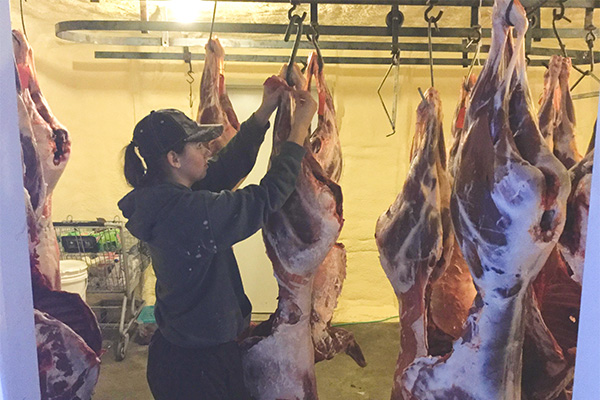
For a 17- or 18-year-old, procrastination often comes easy. Yet digging in and getting the work done is what helped Trenton FFA member Teresa Yoder become a national finalist in the agricultural processing proficiency award area.
T.K.’s Processing is a 50/50 joint venture Yoder owns with her mom. The supervised agricultural experience project came about through Yoder’s on-going desire to own a butcher shop. Her mom had experience with that type of a business and agreed to be her partner. Once Yoder turns 18, she will become the sole proprietor.
As a processing facility for deer and chickens, Yoder serves customers in her community. She spends time after school and on weekends processing deer from the carcass down to burger, steaks, roasts and jerky. Snack sticks, summer sausage and trail bologna are also fabricated.
While the business initially only processed deer, this past summer chickens were added to the mix. In addition to handling the processing duties — including trimming, cleaning and packaging — Yoder also tackles pricing products, ordering supplies and calling customers once orders are ready for pick up.
“It really is a lot of work, but it is something I enjoy being a part of,” Yoder says.
Having enough capital to pay for supplies, equipment and the building set up was Yoder’s biggest challenge when she began the business.
Because her parents once owned a processing facility, Yoder was able to purchase some of that equipment.
“In 2017, I spent a lot of time and money working on the shop to get it ready to use,” Yoder explains. “The facility hadn’t been in operation for several years and needed a number of repairs and modifications.”
The experience her parents brought to the table was invaluable, Yoder says. “During the first year of operation, (my mom) was often looking over my shoulder, guiding me in what was right and wrong,” Yoder says. “In the fall of 2018, she began trusting me with more responsibilities and even had me handle a few days running the cleaning of the shop and managing the business on my own. This confirmed that I had gained enough experience to manage my own agribusiness.”
Gaining the trust of her customers has been the most important accomplishment for Yoder. “During my first year, I had a customer that arrived early and watched me package all of his order,” she explains. “He didn’t say much to me, but watched everything I did and went through his box to count how many rolls of summer sausage he had, bags of jerky, etc. This past year, that same customer came back and the first thing he did was compliment me on the quality of the summer sausage and jerky. It made me feel good to know I had done quality work and earned his trust and respect.”
—By Joann Pipkin






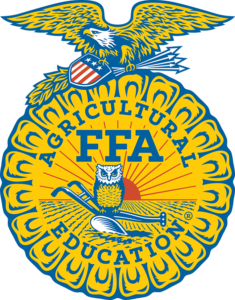
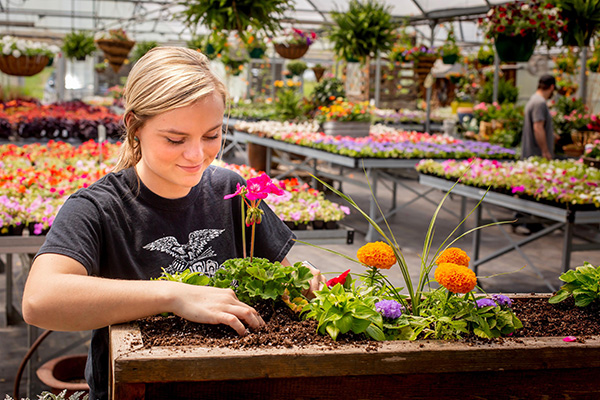
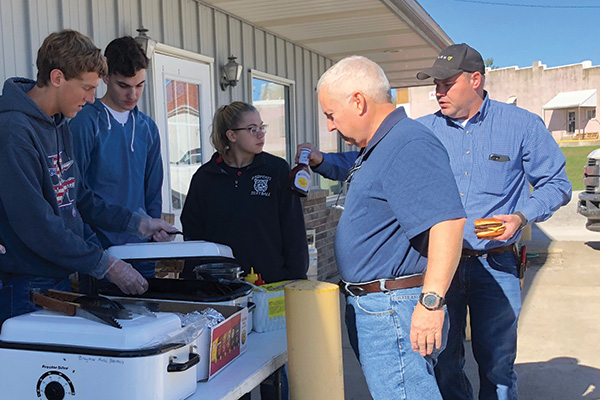
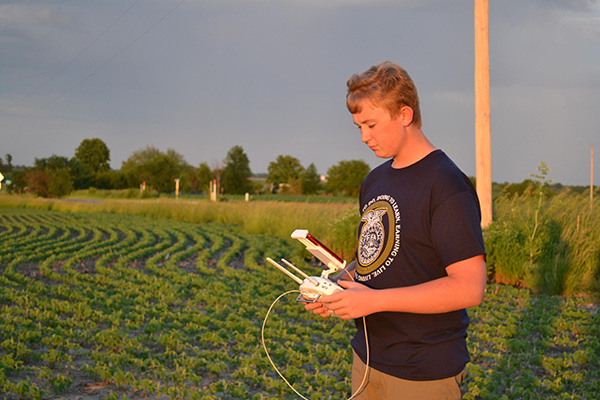
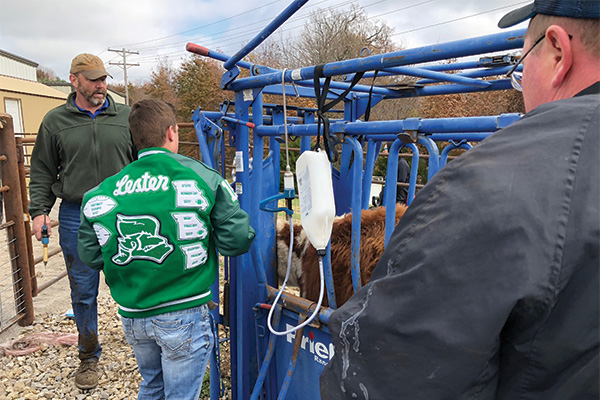 What started as a search for firsthand experiences with livestock for students of the Mount Vernon agricultural education program ended in a 10-month building project, now known as the animal science lab. Built for students by students, the lab is designed to help members of the Mount Vernon FFA Chapter become more familiar with animal agriculture.
What started as a search for firsthand experiences with livestock for students of the Mount Vernon agricultural education program ended in a 10-month building project, now known as the animal science lab. Built for students by students, the lab is designed to help members of the Mount Vernon FFA Chapter become more familiar with animal agriculture.